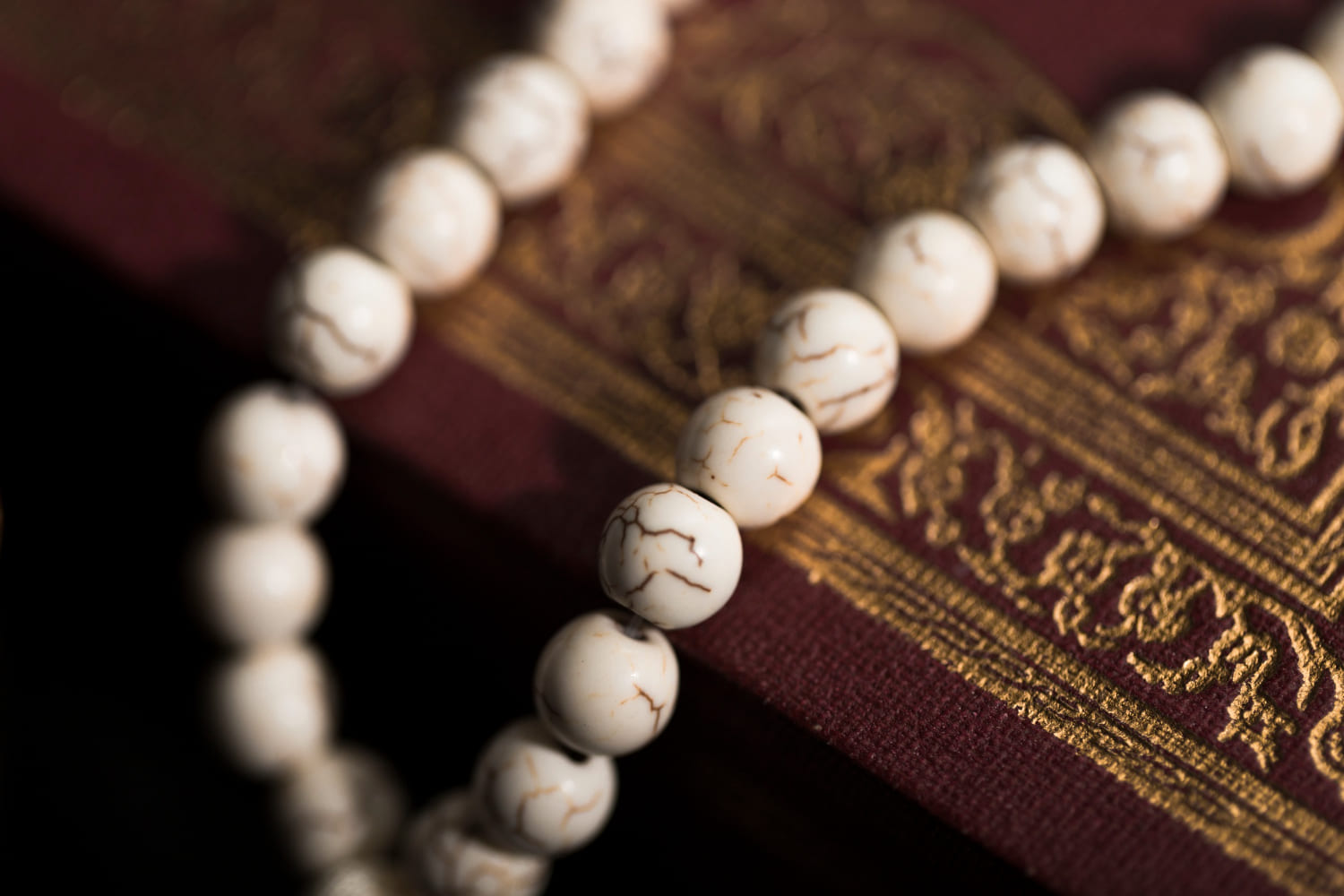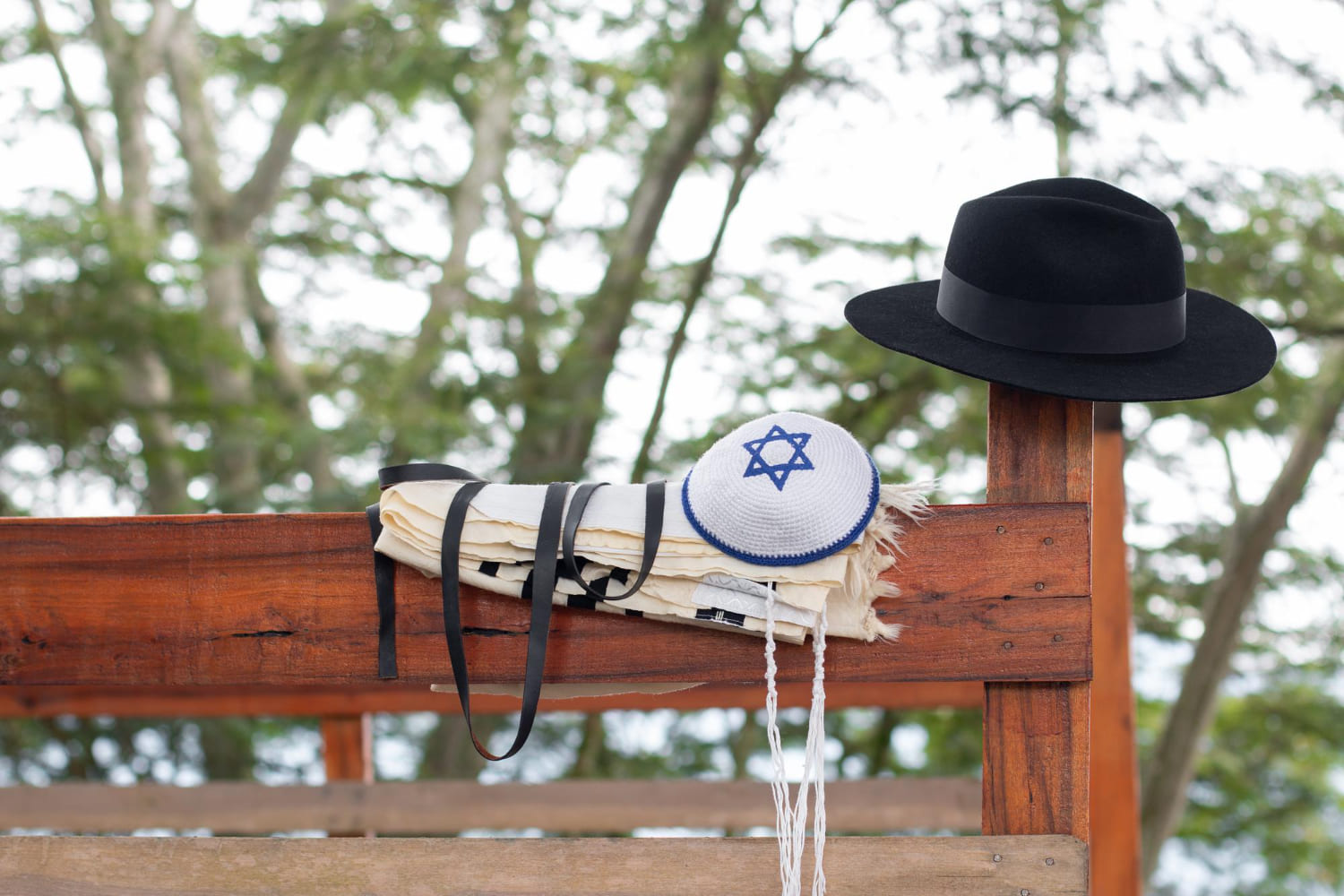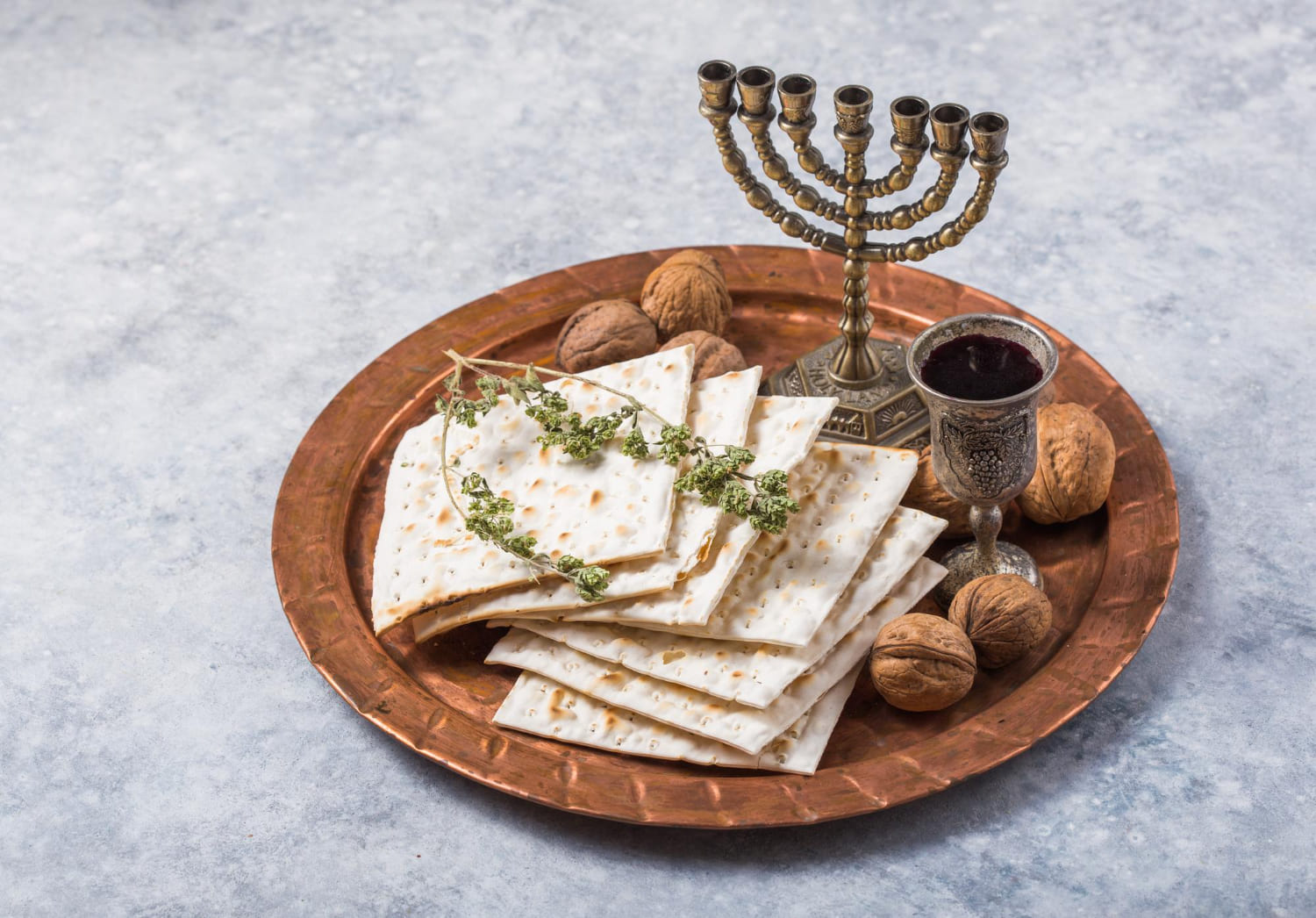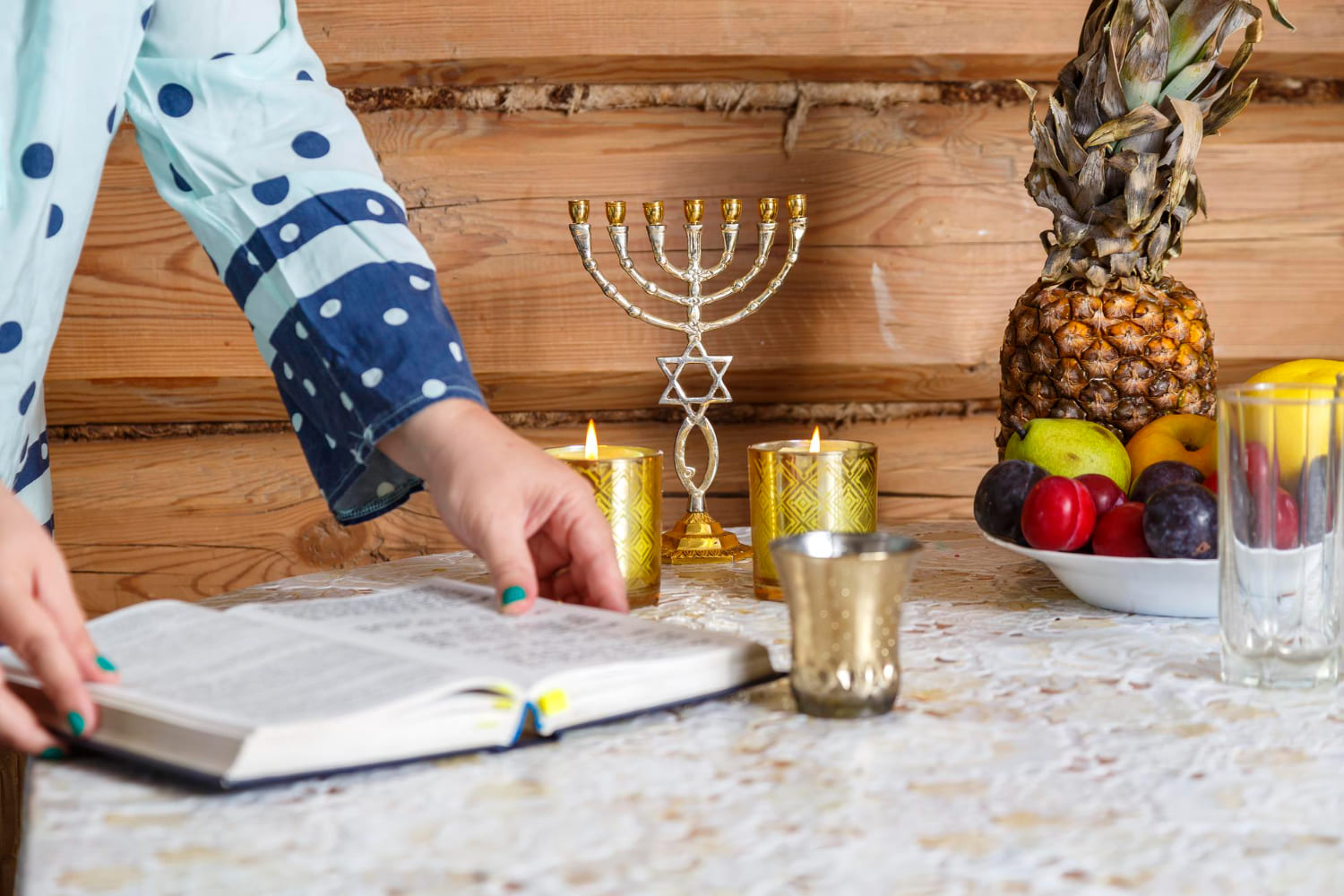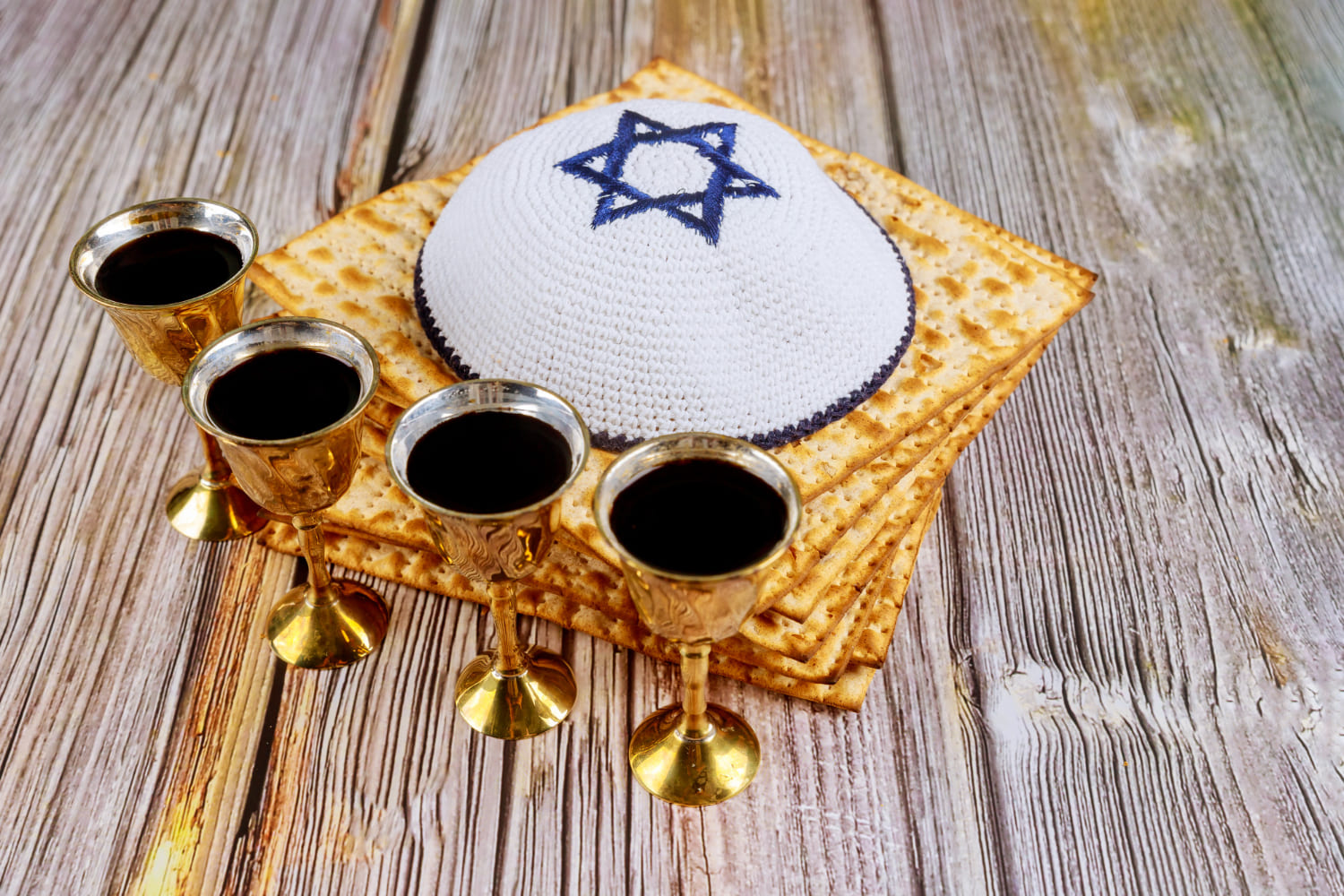Jewish law has dictated for the past thousand years that burial in the ground is the only option for members of the Jewish faith. But it may not be as simple as that.
Can Jewish people be cremated?
Jewish law has indicated that human remains need to be buried after death. Some attest that a cremation violates this law, while others insist that the cremated remains be buried. Many Jewish cemeteries will bury cremated ashes as long as they are in a coffin.
Below we will look at some of the burial practices of the Jewish religion and how it pertains to cremation.
Is Cremation Permitted or Allowed In Judaism?
According to a Jewish tradition, the soul does not leave the body immediately after death.
The process of decay after a burial allows the gradual separation of the body and soul rather than an immediate one caused by the burning of the body.
Cremation was associated with pagan practices which the Jewish people reject. Since the body is the property of God it is forbidden to defile it by cremation.
Defenders of cremation, however, the state no law prohibits cremation.
There are laws regarding the handling of dead bodies and the funeral. There are also sources in the Koran that suggest Jewish people may have practiced burning dead bodies in ancient times.
Orthodox and Conservative Jewish leaders maintain that the act of cremation is prohibited.
Reform Jews have had different stances over the years. They have most recently indicated that the practice of cremation is not sinful but should be avoided.
Can Jewish People Bury Cremated Remains?
Cremated remains are not traditionally excluded from Jewish burial grounds.
Individual Jewish cemeteries or burial societies may choose to decline to bury the ashes of a cremated body. They would hope to discourage others from choosing this option in the future.
There is nothing that prohibits burning cremated ashes in Jewish law.
Many Jewish cemeteries have buried cremated ashes but they have required they are interred in a casket.
The Reform movement has said that the cremated remains of Jewish people should be buried in a Jewish cemetery.
Rabbi Officiating a Funeral for Someone that was Cremated
Conservative or Reformed Jewish rabbis may still officiate over the remains of an individual before cremation.
They may refuse to officiate the interment of the remains depending on their belief. You will need to seek advice from the rabbi before moving forward with a cremation.
Reformed Jewish leaders do not object to their rabbis presiding over any part of the funeral or interment for cremated individuals.
Will cremation wishes be honored?
The Shulhan Arukh states that the wishes of a deceased person to be cremated should not be followed and they should be buried.
Orthodox and Conservative leaders agree that the next of kin should not follow the wishes of the deceased and opt for burial.
The Reform movement does not forbid someone from cremating a deceased person if that was their wish.
They also state that the next of kin are not obliged to follow their wishes if it interferes with their own religious beliefs.
Is it Less Expensive to Cremate an Individual?
The average cost of a funeral with a burial is $7,848, while the average cost of a funeral with a cremation is $6,970. The cost difference is slightly less.
Many Jewish communities have resources available such as free burial societies that will help pay for a traditional burial for a family that lacks the resources.
The tradition to bury a Jewish person in a simple pine casket rather than an expensive ornate casket can reduce the average cost of a funeral.
Conclusion
Jewish law has indicated that the remains of a deceased individual should be buried; however, some individuals may choose to be cremated.
These wishes may or may not be honored depending on the religious beliefs of the next of kin.
Once cremated, they may be buried in a Jewish cemetery.
Most Jewish cemeteries will not reject a cremated individual from burial in their cemetery. They may require a traditional casket for the interment.
Some rabbis will not preside over the funeral of a cremated individual. They will provide services before an individual is cremated but not after.
